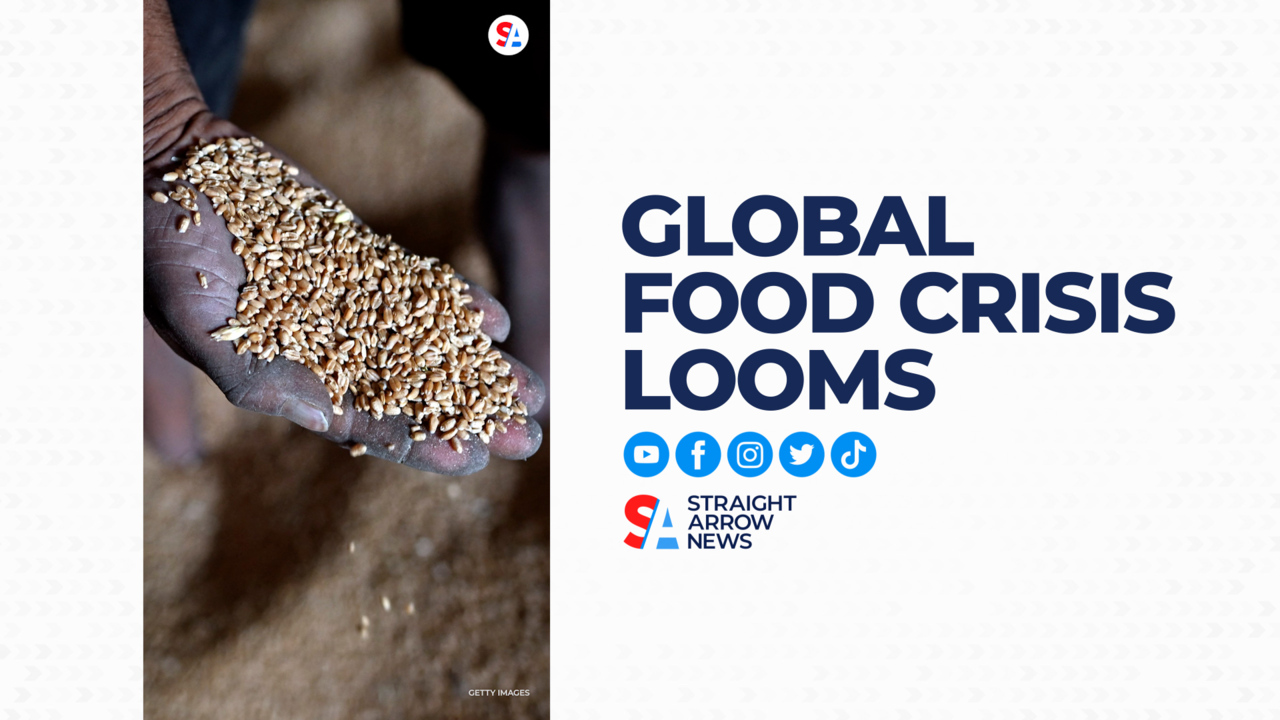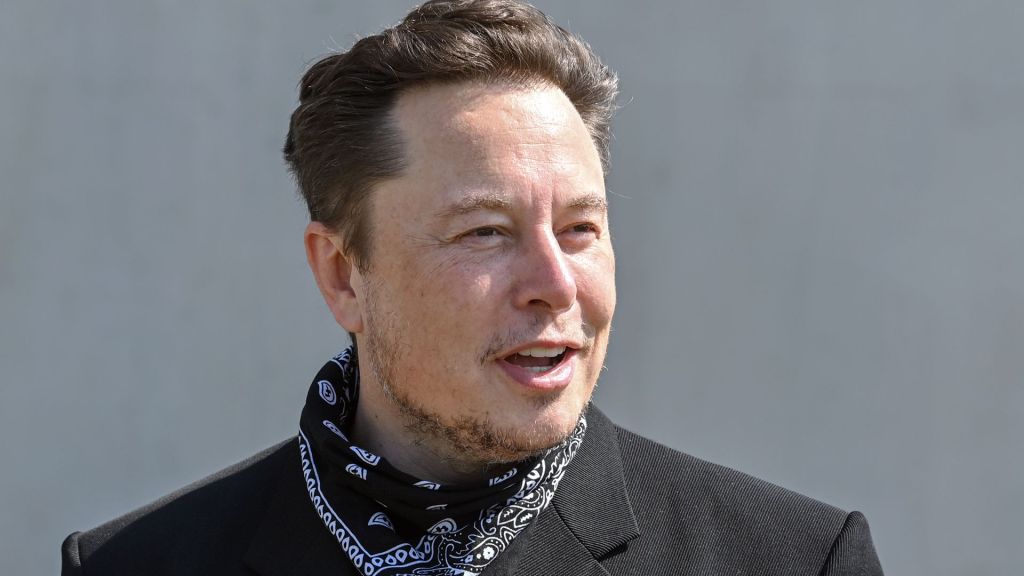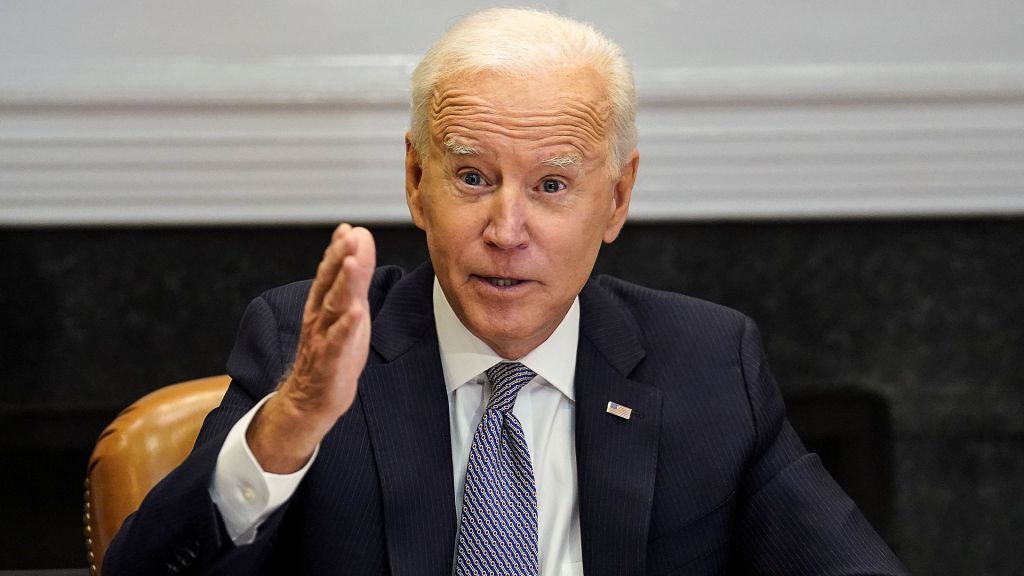
MAHMOUD BENNETT: THE WAR IN UKRAINE IS FUELING A GLOBAL FOOD CRISIS.
AND NOW RUSSIA IS BLAMING THE WEST AND INTERNATIONAL SANCTIONS.
THE 2 COUNTRIES SUPPLY ABOUT 30-PERCENT OF THE WORLD’S WHEAT. AND RUSSIAN OFFICIALS SAY THEY’RE READY TO MAKE CONTRIBUTIONS WHEN QUOTE POLITICALLY MOTIVATED RESTRICTIONS ARE LIFTED.
BUT U.S. OFFICIALS SAY THAT THE ASSERTION SANCTIONS ARE CAUSING THIS LATEST SHORTAGE IS JUST NOT TRUE
SECRETARY OF STATE ANTONY BLINKEN: “WHEN WE IMPOSED SANCTIONS ON RUSSIA WE DELIBERATELY AND CAREFULLY CREATED EXCEPTIONS FOR AGRICULTURAL GOODS AND FERTILIZER”
BENNETT: WHILE IT’S TRUE U.S. SANCTIONS DON’T APPLY TO FOOD, MEDICINE, OR HUMANITARIAN AID – RUSSIA BANNED THEIR OWN EXPORTS OF WHEAT TO CERTAIN COUNTRIES BACK IN MARCH
AND UKRAINIAN EXPORTS HAVE ALSO BEEN IMPACTED BY RUSSIA’S BLOCKADE IN THE BLACK SEA
UKRAINE’S PRESIDENT SAYS IT’S STOPPING THE MOVEMENT OF 22 MILLION TONNES OF GRAIN
LEADERS WARN WE COULD BE HEADING TOWARD A WORLDWIDE FAMINE
DAVID BEASLEY, EXECUTIVE DIRECTOR FOR THE U.N. WORLD FOOD PROGRAMME: “FAILURE TO OPEN THOSE PORTS WILL BE A DECLARATION OF WAR ON GLOBAL FOOD SECURITY”
BENNETT: THE UN ESTIMATES 49 MILLION PEOPLE ARE ON THE BRINK OF FAMINE AND COULD SOON RISK STARVATION WITHOUT IMMEDIATE INTERVENTION.






